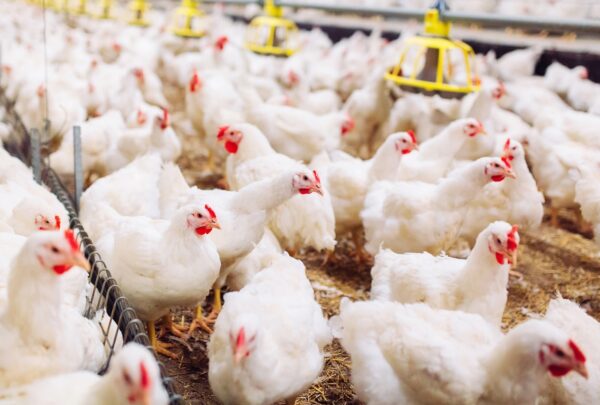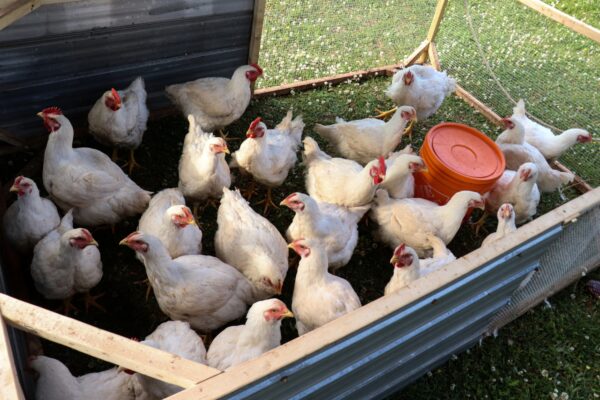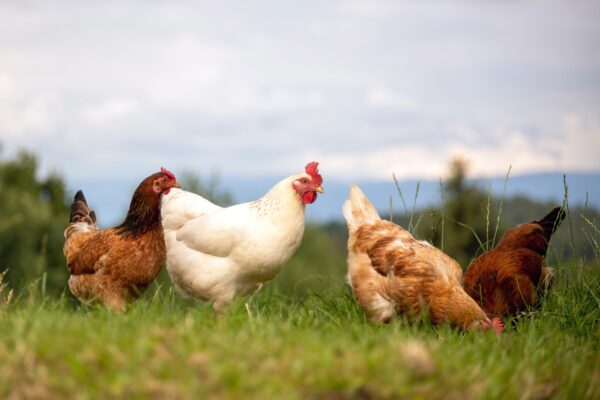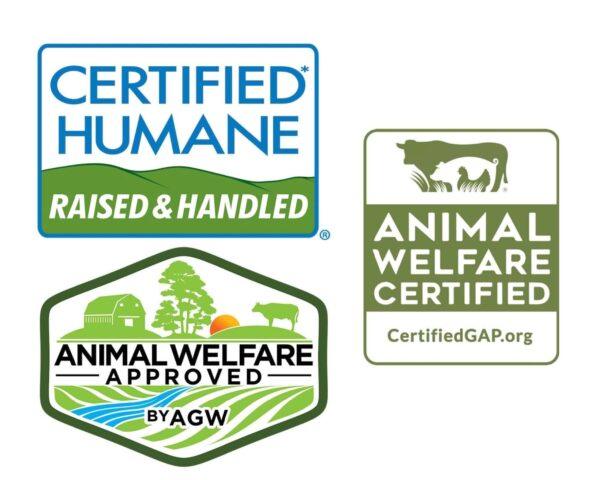Free-range vs Cage-free vs Pasture-raised Eggs: Why Egg Labels Matter
If you’ve ever stood in the grocery store staring at cartons of eggs, you’ve probably noticed labels like cage-free, free-range, and pasture-raised. These terms sound healthy and ethical, but what do they actually mean?
Understanding the differences isn’t just about choosing eggs for breakfast. The way hens are raised affects:
- Your health: Nutritional content varies depending on how hens live and eat.
- Animal welfare: Conditions can range from crowded barns to open pastures.
- Sustainability: Farming practices impact the environment in different ways.
This guide breaks down the differences between cage-free, free-range, and pasture-raised eggs so you can make choices that match your values and wellness goals.
What Are Cage-Free Eggs?
Definition and Standards
In the U.S., cage-free eggs mean hens are kept indoors in barns rather than confined to small cages. While they don’t roam outside, they can move around, stretch their wings, and lay eggs in nesting boxes.
Living Conditions and Diet
- Hens live in large barns or aviaries.
- They have space to perch and nest, but the barns can still be crowded.
- Their diet usually consists of grains, soy, and corn, with some added vitamins.
Pros of Cage-Free Eggs
- Better welfare than caged hens: no tiny cages.
- Birds can engage in more natural behaviors like nesting and perching.
- Usually priced lower than free-range or pasture-raised.
Cons of Cage-Free Eggs
- No outdoor access at all.
- Barns can still be stressful and crowded.
- Nutritional profile is similar to that of conventional eggs.

What Does Free-range Mean?
USDA and Certification Requirements
The USDA defines free-range eggs as cage-free with some outdoor access. However, the amount of outdoor space required is not clearly defined. This means some free-range hens may only get small doors to limited outdoor pens.
Outdoor Access in Practice
- Access can vary widely depending on the farm.
- Some flocks only step outside occasionally, while others may roam more freely.
Health and Nutritional Differences
- If hens forage outside, eggs may contain more omega-3 fatty acids and vitamins.
- Taste may be richer due to a more varied diet.
Pros of Free-range Eggs
- Improved animal welfare compared to cage-free.
- Potentially better nutritional profile.
- Gives hens some level of outdoor life.
Cons of Free-range Eggs
- “Outdoor access” may be minimal in reality.
- Labeling can be misleading without third-party certifications.
- Higher cost than cage-free.

What Pasture-raised Really Means
The USDA doesn’t regulate the term pasture-raised. Instead, third-party groups like Certified
Humane or American Pasture Raised set standards. According to these certifications:
- Each hen must have at least 100+ square feet of pasture.
- Hens spend significant time outdoors with access to grass, insects, and seeds.
- They are housed in barns or mobile coops at night for protection.
Daily Life and Diet
- Hens forage naturally during the day.
- They eat a mix of grass, bugs, and supplemental feed for balance.
- Living conditions closely resemble natural environments.
Nutritional Benefits
Research shows pasture-raised eggs often contain:
- More omega-3 fatty acids.
- Higher levels of vitamins A, D, and E.
- Lower cholesterol compared to conventional eggs.
Environmental and Cost Considerations
- Pasture-raised systems are more land-intensive, requiring more space.
- They support biodiversity and healthier soil.
- These eggs are usually the most expensive option.

Comparing Free-range vs Cage-free vs Pasture-raised Eggs
Here’s a quick side-by-side breakdown to make the differences clear:
| Label | Living Conditions | Outdoor Access | Nutrition | Cost | Animal Welfare |
| Cage-free | Indoor barns, no cages | None | Standard | $ | Moderate |
| Free-range | Indoor barns + outdoor access | Limited | Slightly improved | $$ | Better |
| Pasture-raised | Pasture with roaming space | Substantial | Richest in nutrients | $$$ | Best |
How to Spot Misleading Labels
Not all labels mean what they sound like. To avoid greenwashing:
- Look for third-party certifications like Certified Humane or Animal Welfare Approved.
- Be cautious of vague claims like “natural” or “farm fresh”—these are marketing terms, not standards.
- Check the carton for transparency on how much outdoor access hens actually have.

Consumer Considerations
When deciding which eggs to buy, think about:
- Budget: Cage-free is the most affordable step up from caged.
- Health goals: If nutrition is your priority, pasture-raised has the richest nutrient profile.
- Values: For animal welfare and sustainability, pasture-raised is the most ethical choice.
- Balance: Free-range offers a middle ground between cost and animal welfare.
Choosing the Right Eggs
Understanding the difference between free-range, cage-free, and pasture-raised eggs empowers you to shop with confidence.
- Cage-free: Better than caged, but still indoors.
- Free-range: Includes outdoor access, though it may be limited.
- Pasture-raised: The gold standard for animal welfare, nutrition, and sustainability.
When shopping, consider what matters most to you—cost, health, or ethics. And remember, reading labels carefully and looking for trusted certifications will help you avoid misleading claims.
Choosing the right eggs isn’t just about breakfast—it’s about supporting your body, the planet, and animal welfare with every carton you buy.




